Australian Criminal Intelligence Commission
The Australian Criminal Intelligence Commission has today released the first National Wastewater Drug Monitoring Program Report, revealing that the Australian Capital Territory (ACT) had one of the lowest methylamphetamine consumption levels nationwide.
Methylamphetamine was the highest consumed illicit drug of those tested across all regions of Australia including the ACT, with consumption in some areas at historic highs.
There was one test site in the ACT, with oxycodone and fentanyl being among the highest consumed drugs.
“This is an interesting finding as we are aware of the diversion of prescription medications such as fentanyl and oxycodone from the legitimate market to the illicit market, however wastewater analysis cannot currently measure if use of these substances is licit or illicit,” Australian Criminal Intelligence Commission CEO Chris Dawson said.
“Findings on consumption of fentanyl and oxycodone are a concern for their potential diversion into the illicit drug market, and we will be working with our partners to understand these results as the National Wastewater Drug Monitoring Program reveals trends and patterns over time.”
In the ACT, fentanyl consumption exceeds oxycodone consumption.
While cocaine consumption in capital city sites in New South Wales dominated the national landscape, the Australian Capital Territory and Northern Territory capital city site showed substantially higher cocaine consumption compared to other states.
“The data we will obtain through ongoing wastewater analysis will inform operational and policy responses to illicit drugs and drugs that can be abused.
“This program provides government, law enforcement, and health agencies with an objective evidence base and a timely and regular measure of drug use and emerging trends.
“The National Wastewater Drug Monitoring Program results are integral in shaping a whole of government and whole of community response to the demand for illicit drugs in Australia, and the harms drugs bring to the community,” Mr Dawson said.
The Australian Criminal Intelligence Commission received $3.6 million over three years from Proceeds of Crime funding for the National Wastewater Drug Monitoring Program, and has commissioned the University of Queensland and the University of South Australia to undertake the program and prepare the first research report containing its findings.
The report is available from the Australian Criminal Intelligence Commission website
